|
On days when it’s sunny, I take my old dog-eared copy of Gilead into the park. It’s been years since I’ve read Marilynne Robinson’s novel about a fictional pastor living in a dusty Iowa backwater, writing to his young son as he reflects on life and his own mortality. The book was a huge part of my spiritual formation when I was in college, but I’ve been afraid to pick it up during the pandemic. I used to be so moved by John Ames’ musings on the beauty of the world: “The sprinkler is a magnificent invention because it exposes raindrops to sunshine,” or “Each morning I’m like Adam waking up in Eden, amazed at the cleverness of my hands and at the brilliance pouring into my mind through my eyes–old hands, old eyes, a very diminished Adam altogether, and still it is just remarkable.”
What if they sound trite, or ring hollow, in this new and frightening world? What if this book, which has always been a source of hope and comfort for me, isn’t enough anymore? What I found instead is that I never before fully appreciated the backdrop of hardship that John Ames is writing into. He reflects on his experience of living through 1918 in terms that sound eerily familiar: “People don’t talk much now about the Spanish influenza, but that was a terrible thing. …. We lost so many of the young people. And we got off pretty lightly. People came to church wearing masks, if they came at all. They’d sit as far away from each other as they could. There was talk that the Germans had caused it with some sort of secret weapon, and I think people wanted to believe that, because it saved them from reflecting on what other meaning it might have... It was just like a biblical plague, just exactly.” And of course, there is Ames’ purpose for writing in the first place: he knows that he is dying, and that his young son will grow up with very few memories of his father. John Ames is intimately familiar with sorrow and fear and loneliness and all the things that I’ve been feeling over the last few months, and it’s from this knowledge that he still tells his son: “Existence seems to me now the most remarkable thing that could ever be imagined.” Knowing this makes his affirmation of life, his delight in God’s small and everyday gifts, seem richer and more full-throated–more meaningful to me than they ever were before.
3 Comments
We want to say a big THANK YOU to Christine's older sister Grace Shim, Executive Director of Cornerstone Counseling Foundation in Chiang Mai, Thailand and her colleague Kevin Hamp, Psychotherapist who specializes in resilience for joining us on our Zoom call last night. They gave us a simple framework for understanding resilience, the "Resilience Donut" for children & youth and adults that helps us draw from resources we already have access to. You can download their PDF below, chock full of great resources and links to what they referred to in their presentation.
Sofia is with her mom Martha in upstate New York and we caught up with her to ask a few questions. Sofia, what have been the gifts of this time of quarantine? What have you enjoyed about it? It’s nice to have time to do things. Like art projects or bake or really anything you want. And your school day ends when your work is done. It’s amazing how you have time on a Wednesday night when I’d usually have violin practice from 3-5. We’re rushing home, eating dinner, really quickly taking a shower. I don’t have time like this. I have more time to hang out to my dog Steve. Steve is a totally different dog here. He doesn’t want to snuggle in NY and now he just wants to love you and it’s just amazing. I have class during the week and enrichment activities. I made this car, it was fun. I figured out how to make it on my own. My teachers are really nice. I see a lot of flowers outside and they’re so beautiful. I pick them all the time because they’re so pretty and so my mom and aunt got me some vases and I started collecting flowers to put in the vases. These are the ones I have right now. Last Wednesday I made pretzels with my mom. I asked her, “Why don’t we do this at home?” And she said, “Well, we don’t usually have time on a Wednesday night. We’re rushing around and now we have time do that.” My mom is fun. She lets me do a lot of things. She’s nice, loving and takes care of me. I miss my dad. He’s not here with me. He’s in NYC and I can only FaceTime chat with him. And it’s hard.
So what do you do when you feel sad? Sometimes I ask my mom to call my dad. Sometimes I don’t really write but draw my feelings. Sometimes I scribble because I’m angry. I draw a sad person because I’m sad. It’s according to my emotions. Sometimes it makes me feel better but sometimes it’s easier to talk to someone about it. It makes me feel better, to have someone pray for me and I feel like I’m embraced in God and that makes me feel better, like I’m loved. Living in East Harlem, one of the hotspots for the Covid-19 virus, we don’t venture out often, but when we do - it’s to the park we go. It’s where God meets me, where God whispers words I need to hear. In the park I know nature’s insistence on life. Its demand for spring, after a long winter, is evidenced in the stubborn and glorious emergence of the bud turned blossom. The explosive energy and activity of a new season are nature’s way of telling me life goes on. Lush green foliage and stately trees reaching toward the sky are the sermon song I need to hear when I feel fatigued and overburdened. In a life sheltered in place - knowing the park as sanctuary and refuge is a grace, a sweet and meaningful gift. In so many ways, the park tells me what I need to know. Nature speaks boldly of shifts and turns - of movement and change. It's the message I need to hear again and again - this too shall pass … this too shall pass.
Central Park holds personal significance for my family. Rodney and I were married under a crabapple tree in the South Garden of the Conservatory Garden in 1996. In Central Park, I played with the children of friends when I desperately wanted to be a mother myself. It’s there I found a quiet bench to cry after the news of yet another friend's pregnancy. After making it to the mother hood, I had the pleasure of taking my children for their first swimming lessons at Lasker Pool and the Great Hill near 108th Street, is a fondly remembered meeting place for day-long gatherings with fellow homeschoolers. I trained for my first and only 5k race on the bridle path of the reservoir and in summer, a shady spot on the East Meadow is still our preferred location for early evening dinners. Rodney and I make our way back to that tree regularly, to tune our hearts and minds to a higher frequency when the work of marriage feels too much. It seems I’ve walked out my prayers in Central Park. In the park, God is my companion. Now I lay me down to sleep;
I pray the Lord my soul to keep. If I should die before I ‘wake, I pray the Lord my soul to take. This is perhaps the very first prayer I’d ever learned as a child, kneeling beside my bed, aged six or seven or so. This evening prayer, a Vespers of sorts, was meant to instill a habit of reflecting on the events of the day and building my personal relationship with God. All of this was fine until the one evening I dwelled a little too long on the third line of the rhyming prayer: “If I should die before I ‘wake.” Yikes! All of a sudden the temporary nature of life became a heavy thought for my young brain to process. Understandably, I then had nights of insomnia, afraid to fall asleep for fear that perhaps that night would be the night I die during my slumber. I’m sure at that time I asked mom or dad about death and dying. I’m sure my young brain couldn’t comprehend whatever explanation was given to me. Thankfully that phase of fear passed. Perhaps that’s when I first learned to trust that God would do what’s best to take care of me in both life and death. Perhaps that was what the prayer was meant to do in the first place; comfort my soul, then startle my senses, then reassure me that prayer is a helpful way to grow in spirit and connect with God. Today, in this uncertain time of quarantine, isolation, and staying home, I’ve had a little too much time to think about that startling childhood question; what if I die? Will I be ready to meet Jesus? What would happen to the people and things I would leave behind? It’s a time of universal uncertainty and I find myself looking for a connection with God in everyday activities like preparing meals, reading or research, spending time with my spouse, learning a new hobby or walking our dog. I’ll admit, around bedtime, my heart has a subtle ache for those in the world who suffer, either from a lack of health, a lack of home, or a lack of happiness. As an adult I rely on that basic childhood evening prayer, (and the improvised “God bless” prayer list that always follows) to help me contemplate the events of the day, give a moment of gratitude, and comfort me for a good night’s sleep. In researching this traditional bedtime prayer I learned of an additional stanza of the prayer: If I should live for other days, I pray thee, Lord, will guide my ways. Amen! |
Welcome to Our Blog!This is where we post the news, reflections and stories from our St. Peter's community. Archives
September 2020
Categories |
||||||
St. Peter's Chelsea 346 West 20th Street, New York, New York 10011
212-929-2390 www.stpeterschelsea.org
Facebook: stpeterschelsea Instagram: @stpeterschelsea
[email protected]
212-929-2390 www.stpeterschelsea.org
Facebook: stpeterschelsea Instagram: @stpeterschelsea
[email protected]
Proudly powered by Weebly
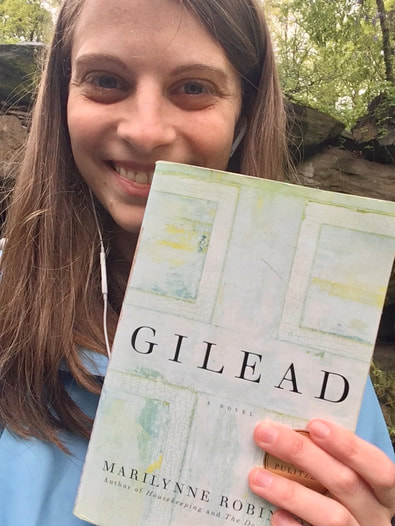
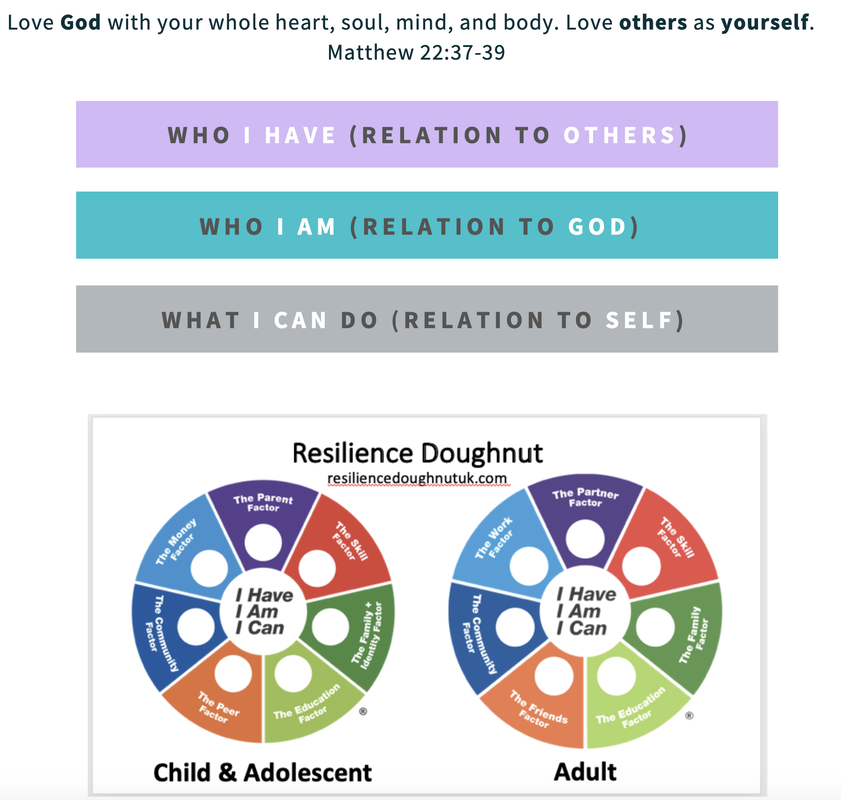
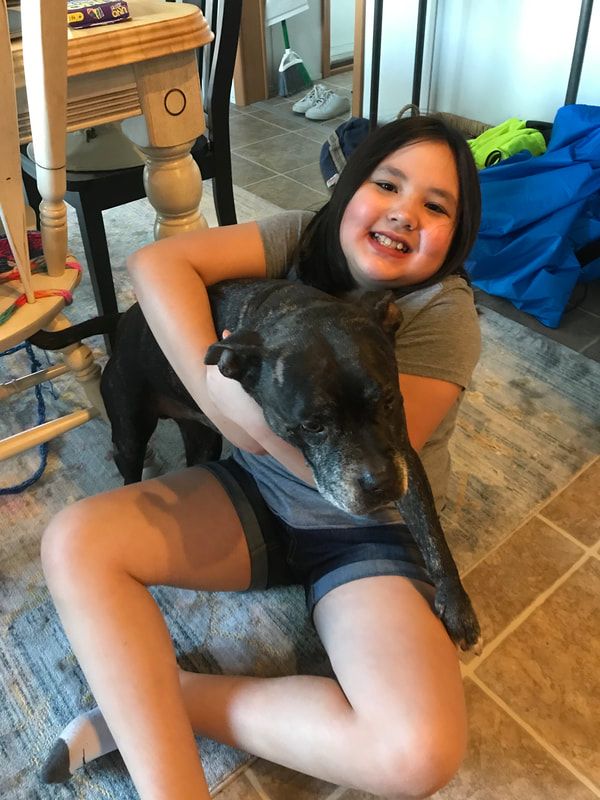
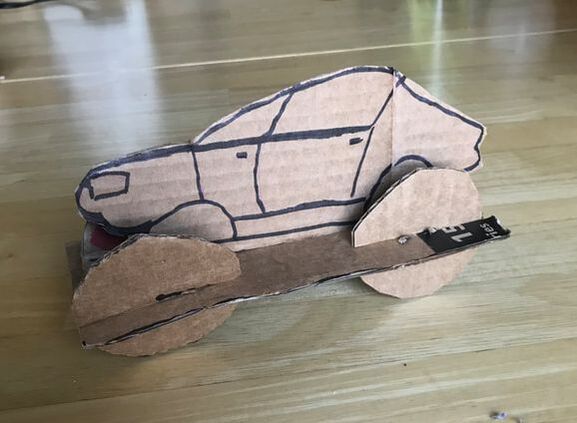
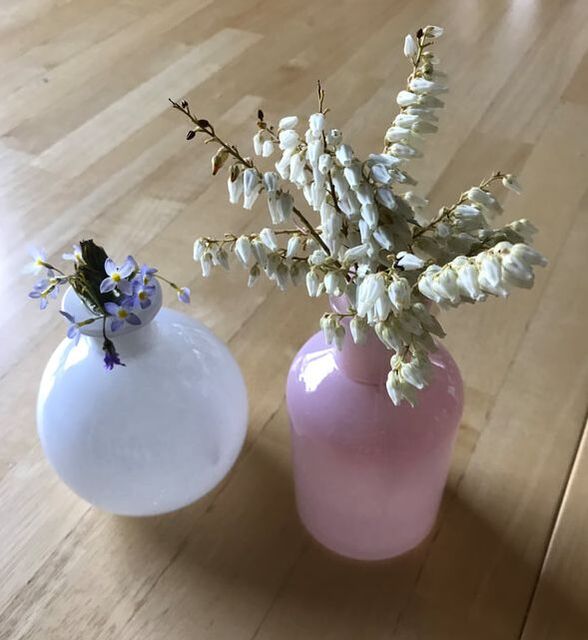
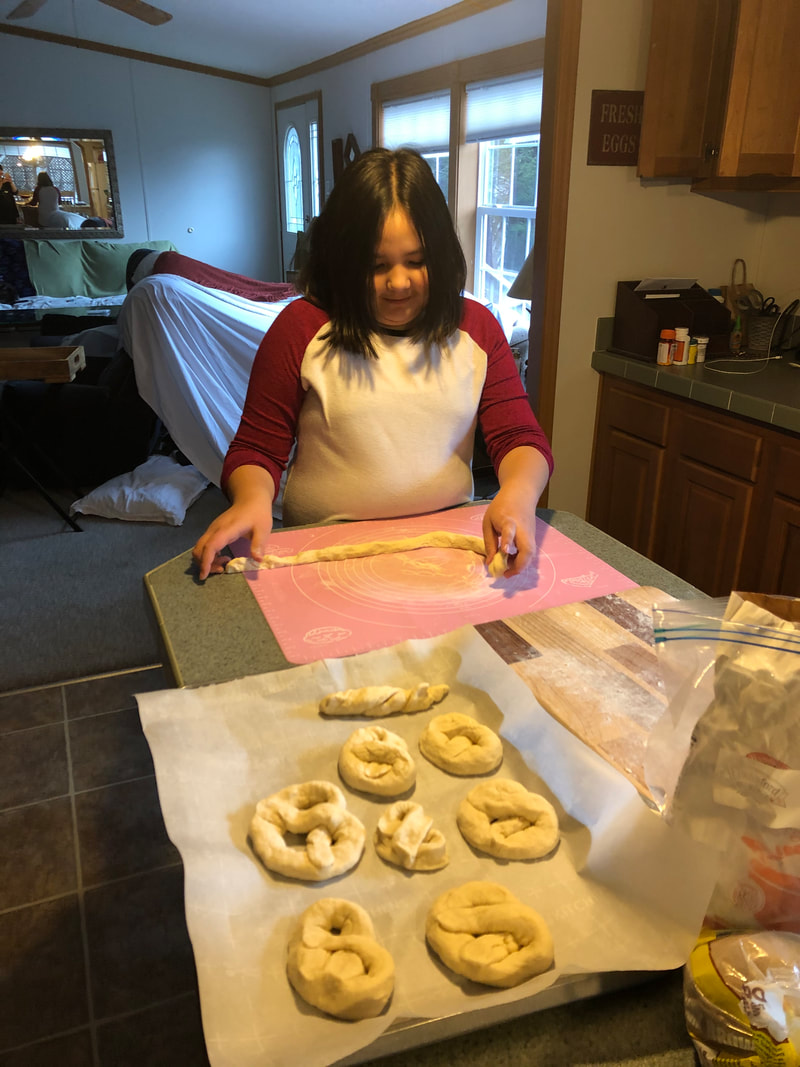
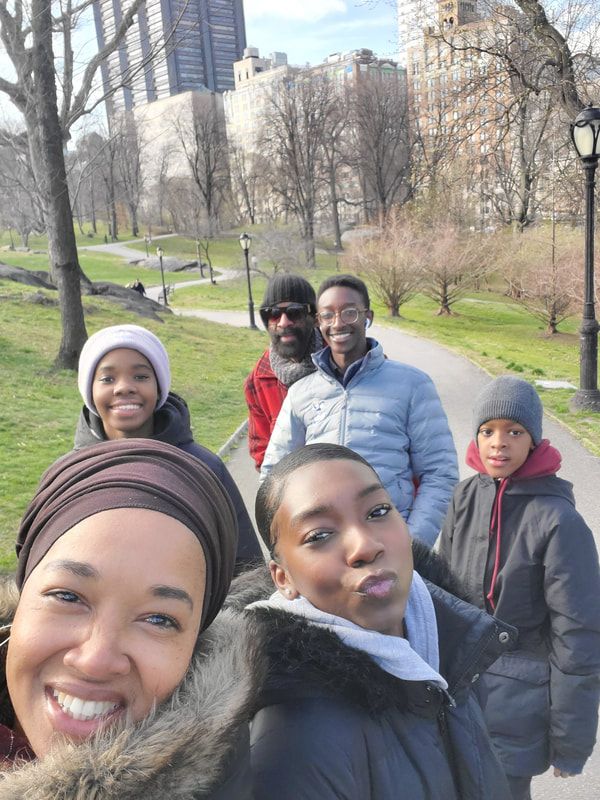
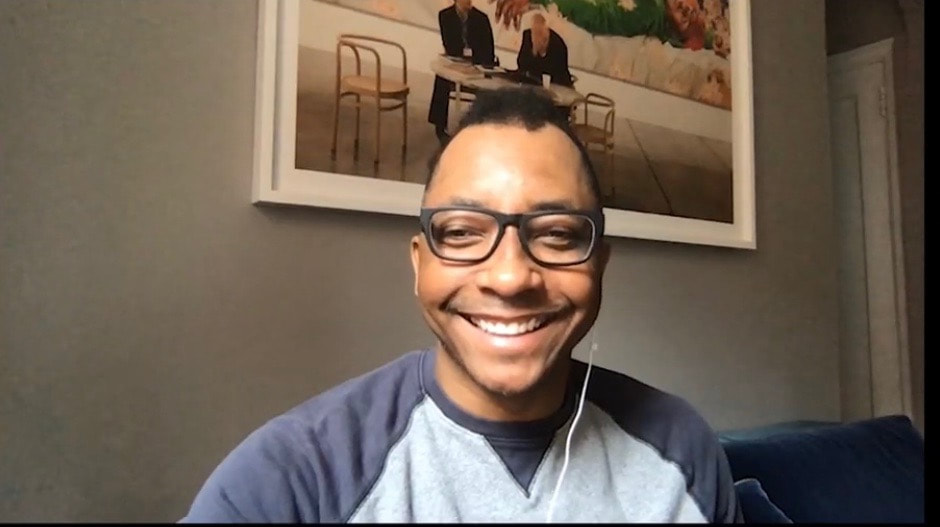
 RSS Feed
RSS Feed